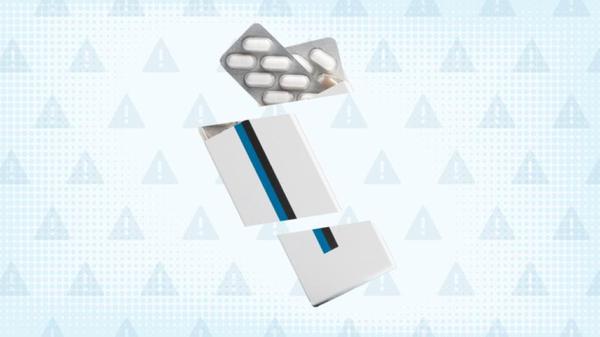GoodRx
•
7th February 2023
12 Cymbalta Side Effects and How to Manage Them
Cymbalta (duloxetine) is a serotonin and norepinephrine reuptake inhibitor (SNRI) antidepressant. It’s used to treat depression, anxiety, and certain nerve or muscle pain conditions. If you’ve been prescribed Cymbalta, you may be wondering what to expect.
With most antidepressants, you may experience side effects when you first start treatment. This is also true of Cymbalta. Nausea, dry mouth, and constipation are just a few examples. But for many people, these should improve over time. While rare, serious side effects are also possible.
Below, we’ll discuss 12 Cymbalta side effects you should know about and how to manage them.






















